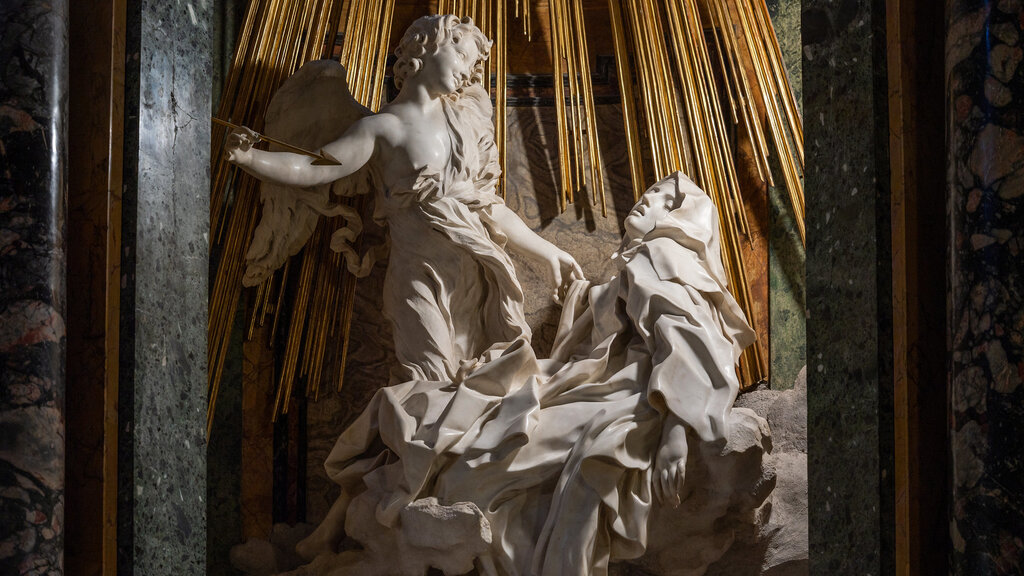Apeirophobia in Kiyoshi Kurosawa’s ‘Pulse’ (2001)
Pulse (Kairo) is a 2001 Japanese techno-horror film directed by Kiyoshi Kurosawa. After having watched Kurosawa’s 1997 psychological thriller Cure (Kyua), widely regarded as a masterpiece, I was keen to check out more of his work. (Cure was inspired by David Fincher’s crime film Se7en; it likewise follows a series of gruesome murders and detectives…
View Post



